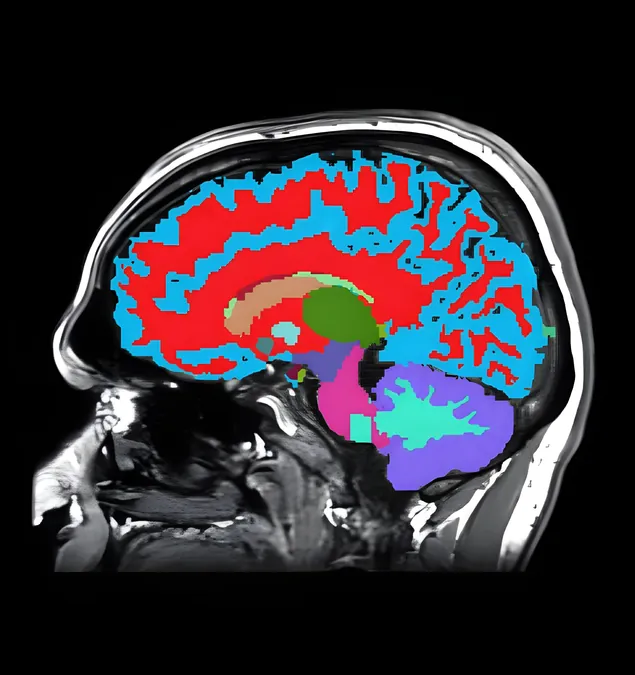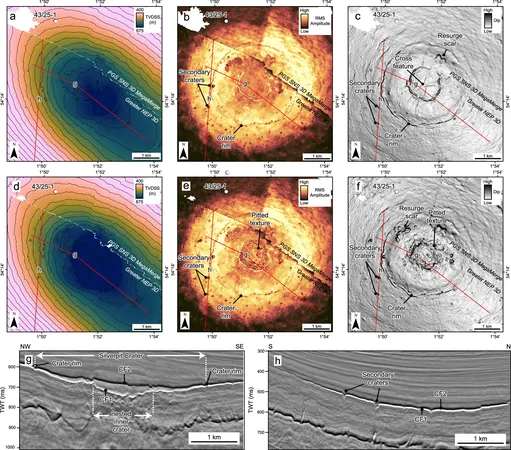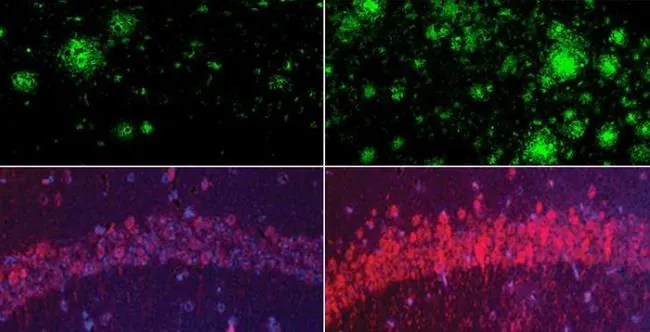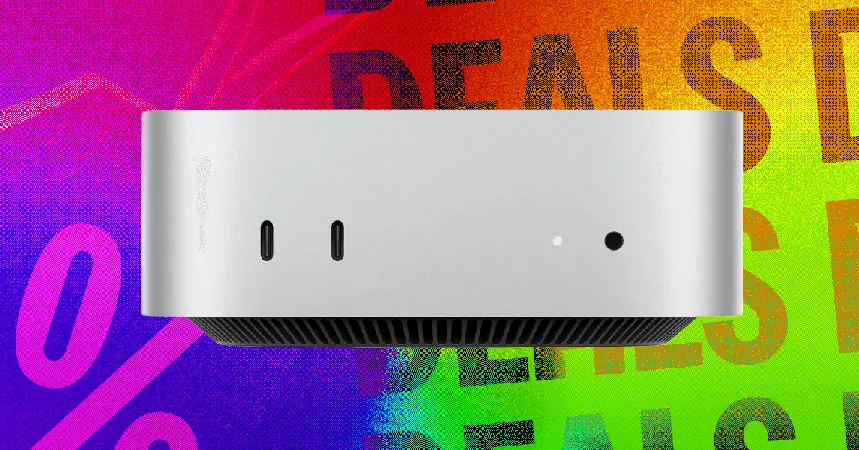
Unlocking the Secrets of Aging: What Your Brain Scan Reveals About Your Future
2025-07-03
Author: Emma
Aging is a mystery that affects us all differently. While some individuals defy age by running marathons in their 70s, others may face health challenges much sooner, prompting the question: How can we truly measure our rate of aging?
Groundbreaking research from prestigious institutions including Duke University, Harvard University, and the University of Otago in New Zealand has introduced a revolutionary tool that can estimate how fast your brain and body are aging through a simple brain scan.
The DunedinPACNI – A Game Changer in Aging Research
Dubbed the DunedinPACE Neuroimaging or DunedinPACNI, this innovative tool harnesses the power of standard MRI brain scans to provide early insights into your aging process. It helps identify potential risks for chronic diseases long before they become symptomatic.
"The way we age is quite distinct from how many birthdays we've celebrated," states Ahmad Hariri, a professor at Duke University. This early intervention could be pivotal in helping individuals make lifestyle adjustments to enhance their health in later years.
Why Traditional Aging Measurements Fall Short
While various aging metrics currently exist, many rely on blood tests or genetic markers that can lead to misleading conclusions due to generational factors like exposure to toxins. Hariri emphasizes the need for a more accurate approach to understanding aging.
The DunedinPACNI model overcomes these limitations by leveraging rich data from the Dunedin Study, a comprehensive long-term research project that has tracked over 1,000 individuals from New Zealand since the early 1970s.
Brain Scans: The Key to Predicting Aging
Participants in this groundbreaking study have undergone regular health assessments for over 50 years, establishing personalized aging rates. The new model predicts the rate of aging based solely on brain scans taken at age 45 and has been validated with data from diverse groups in North America, Europe, and Latin America.
Findings reveal a direct link between accelerated brain aging and cognitive decline, with faster aging individuals facing a staggering 60% higher likelihood of developing dementia.
More Than Just Brain Health
This tool also highlights a troubling association between brain aging and overall physical decline. Those with elevated aging scores were notably more susceptible to heart disease, lung issues, and other chronic conditions, showing an 18% increased risk of major health issues and a 40% higher chance of premature death.
Addressing the Growing Challenge of Aging
With the global population over 65 expected to double by 2050, the urgency for proactive healthcare grows. Aging-related diseases, such as Alzheimer’s, already pose enormous financial burdens, costing $1.33 trillion in 2020 alone.
Current treatments for Alzheimer’s focus primarily on managing symptoms, often initiated too late to make a significant impact. This is where tools like DunedinPACNI can become transformative—enabling earlier detection and intervention.
Harnessing Brain Scans for Better Health Outcomes
Beyond tracking dementia risks, DunedinPACNI could illuminate why lifestyle factors—like sleep quality and mental health—are linked to accelerated aging.
As Ethan Whitman, Duke’s doctoral student and lead author of the study, remarks, further research is essential to translate these insights into practical healthcare applications. The future of aging research is promising, and the potential to slow the aging process is on the horizon.
Keep an eye on advancements stemming from studies like these, as they may offer unprecedented understanding and tools for enhancing not just the length, but the quality of our lives.









 Brasil (PT)
Brasil (PT)
 Canada (EN)
Canada (EN)
 Chile (ES)
Chile (ES)
 Česko (CS)
Česko (CS)
 대한민국 (KO)
대한민국 (KO)
 España (ES)
España (ES)
 France (FR)
France (FR)
 Hong Kong (EN)
Hong Kong (EN)
 Italia (IT)
Italia (IT)
 日本 (JA)
日本 (JA)
 Magyarország (HU)
Magyarország (HU)
 Norge (NO)
Norge (NO)
 Polska (PL)
Polska (PL)
 Schweiz (DE)
Schweiz (DE)
 Singapore (EN)
Singapore (EN)
 Sverige (SV)
Sverige (SV)
 Suomi (FI)
Suomi (FI)
 Türkiye (TR)
Türkiye (TR)
 الإمارات العربية المتحدة (AR)
الإمارات العربية المتحدة (AR)